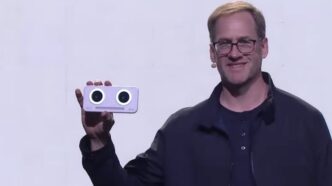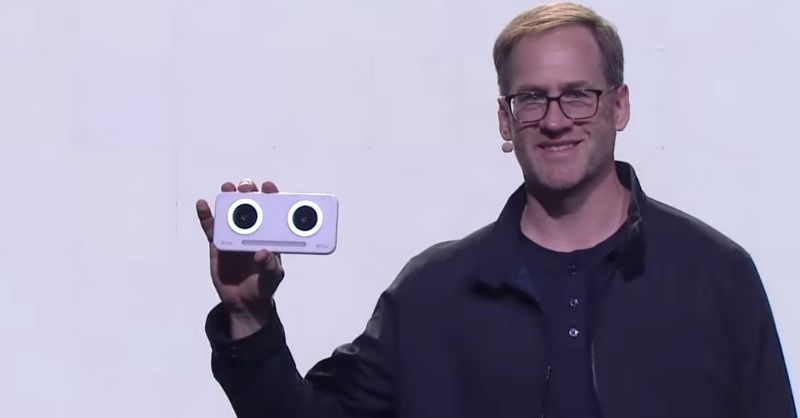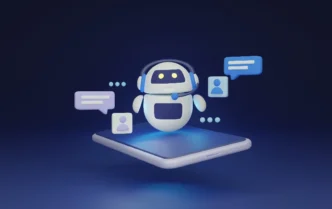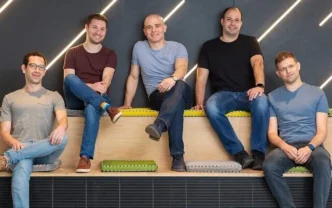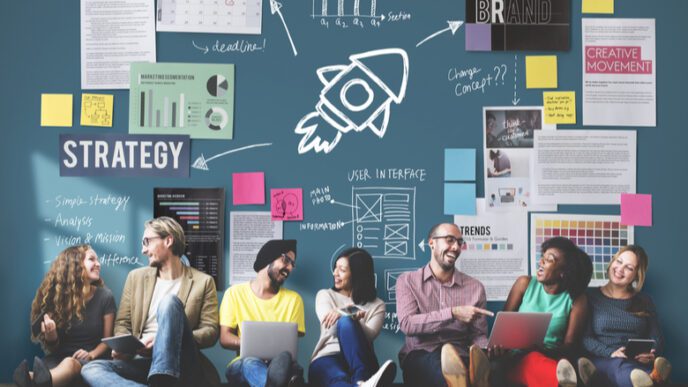In a bold move to redefine online identity in the age of AI, Tools for Humanity has officially launched the Worldcoin Orb Mini in the U.S. The sleek, pocket-sized device, designed to verify a person’s humanity through iris scans, made its debut this week at the “At Last” event in San Francisco.
Co-founded by OpenAI’s Sam Altman and German physicist Alex Blania, the company is betting big on a world where proving you’re human is as important as proving your password. And with AI content saturating digital spaces, that future may already be here.
A Pocket-Sized Revolution in Identity Verification
The Orb Mini is a smaller, portable evolution of the original Worldcoin Orb. It uses advanced biometrics to scan a person’s iris, generating a unique blockchain-based ID that confirms a real human is behind the screen. Unlike traditional verification methods, there are no passwords or friction—just a scan.
Designed in collaboration with former Apple designer Thomas Meyerhoff and unveiled by Chief Device Officer Rich Heley (an Apple alum himself), the Orb Mini resembles a smartphone, but its two prominent eye-scanning lenses make clear it serves a very different purpose.
Blania and Altman created Tools for Humanity to address a growing concern: in a world increasingly shaped by artificial intelligence, how do we ensure trust? Their answer is clear—start with proof of personhood.
From Silicon Valley to Main Street: Orb Mini Goes Nationwide
Backed by $194 million in venture capital from blockchain-focused firms like a16z Crypto, Bain Capital Crypto, Blockchain Capital, and Distributed Global, Tools for Humanity is wasting no time scaling its human verification technology.
The U.S. rollout begins with physical stores in cities like Austin and Atlanta, with additional storefronts planned for San Francisco, Los Angeles, Miami, and Nashville. Visitors will be able to use either the original Orb or the Orb Mini to scan their irises and receive a verified ID. The move expands access to the company’s World Network, which has already enrolled over 26 million people globally, with 12 million completing verification—mostly in Latin America and Asia.
By entering the U.S. market, Tools for Humanity is positioning its technology in front of Western audiences grappling with online trust, misinformation, and the surge of AI-generated content.
Beyond Biometrics: A Glimpse at the Orb Mini’s Potential
While its primary role is identity verification, the Orb Mini may evolve into something much more. Alex Blania hinted that the device could one day double as a mobile point-of-sale terminal. There’s also potential for the biometric sensors to be licensed to third-party manufacturers, making the technology ubiquitous in everyday devices—from laptops to smart door locks.
Though there’s currently no AI functionality baked into the Orb Mini, speculation remains about future integrations with OpenAI, especially given Altman’s involvement in both ventures. Such a partnership could further bridge the gap between identity verification and intelligent services.
At its core, Tools for Humanity has one mission: build a scalable, trustworthy system that proves you’re a real person. In a digital world where bots mimic humans and deepfakes blur reality, the need for such technology has never felt more urgent.
